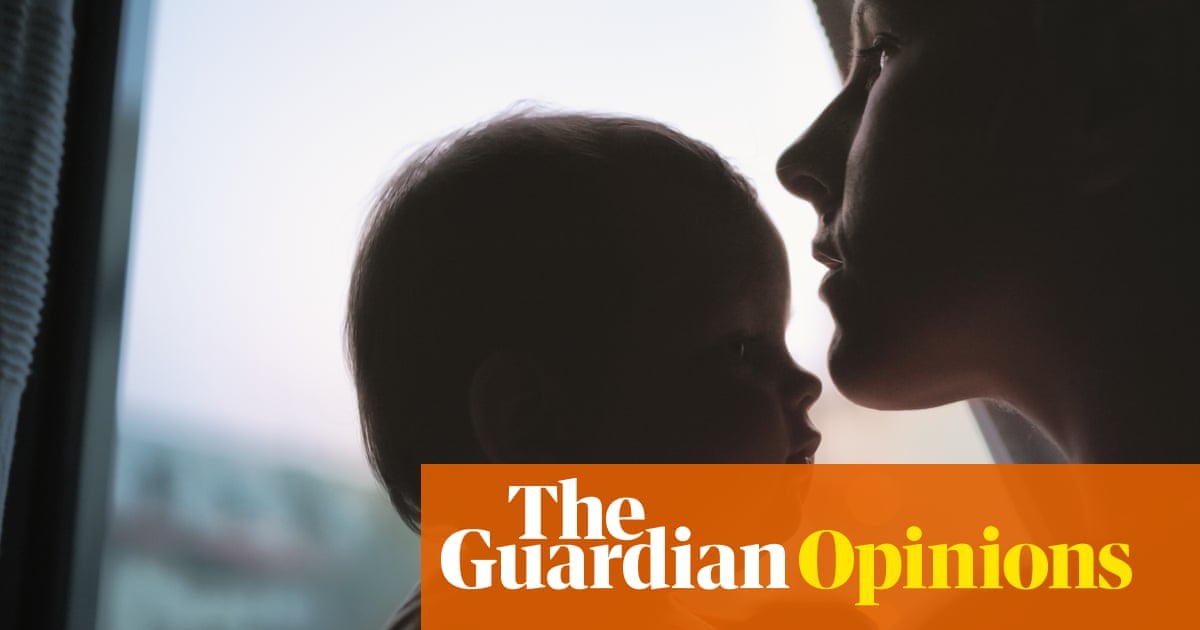Two years ago I fell pregnant and within five weeks I was diagnosed with hyperemesis gravidarum, a medical condition that causes extreme nausea and vomiting. It lasted my entire pregnancy and that year was (almost) the worst of my life. Now, I keep being told the relief of no longer being sick is the main reason I enjoyed the first year of my child’s life so much.
Shortly after my baby was born, I started seeing social media content about Charli xcx’s song “I think about it all the time” and its articulation of the apprehension many women have about becoming mothers. I have recently started back at work and miss my child terribly. It’s the unhappiest I have been since she was born, around the same time Chappell Roan said none of her friends with children were happy.
Artists of all kinds explore and articulate feelings for a living. I don’t think it’s entirely fair to criticise or valorise them for the feelings they express. But both of these pop culture moments have prompted me to think more deeply about my experience and that of others.
At the start of 2020, I went camping for a friend’s 30th birthday. I did not want to go camping but I loved my friends, so I did. We swam in Wye River and built bonfires. I had begun a teaching degree and a veteran teacher in our camping group introduced us to games she played with her students while on camp. I imagined my future doing the same with my own students. We joked about living in a commune.
At the time, I was experiencing poor mental health, which was exacerbated by the pandemic and Melbourne’s lockdowns. During a particularly bad episode, I would listen to guided meditation for hours, trying to will myself to breathe and sleep. I would imagine a large rock in the Wye River, water rushing around and past it. I am the rock in the river, I am the rock in the river.
Sign up for the fun stuff with our rundown of must-reads, pop culture and tips for the weekend, every Saturday morning
In the five years since, many of my relatives and friends have died, but other friends have given birth. I got married, some friends got divorced. I began a new career, I became a parent.
Having a child has been the most transformative but also the most mundane experience of my life. I am exactly the same but I am different. My body is different, my brain will never be the same. But I did not experience only these changes, and I did not experience change alone. I wept for myself, crying through my emergency c-section, but no more than I wept at my friend’s funeral and wondered how her partner could survive their loss.
I have marvelled at the love I have for my child, but I think my increased capacity for love is not my heart growing larger so much as it is my vision growing broader. How lucky I was to have experienced euphoria like this before – when I married my husband, when I danced outdoors at a concert with my best friends of 20 years, when I saw New York City for the first time.
All of this is not to say the first year of my child’s life has been easy. It has been an extremely challenging year. It’s not to say I haven’t had to visualise that rock in the river 10 times a day. But I do not think my traumatic pregnancy is the sole reason I have not hated becoming a parent. All of this is to say how lucky I am to have a rock in the river. The rock in the river, camping with my friends who are the same and still exist. Before and after 30, before and after divorce, before and after loss, before and after love. Before and after children.
Sign up toSaved for Later
Catch up on the fun stuff with Guardian Australia's culture and lifestyle rundown of pop culture, trends and tips
after newsletter promotion
The love I feel for my child is like nothing I have experienced. But it’s also like everything I have ever experienced. It has happened to me and changed me the same way leaving home did, the same way standing in a forest when travelling alone for the first time did, the same way my first love did. It has expanded my life in joyful measures, the same way living with my best friends did, the same way meeting my husband did, the same way being embraced by other mothers, weeping in a hospital bed when my baby was hours old did.
Over sentimentalising motherhood is dismissive to those who do not experience it positively and who endure extreme challenges as parents. The privilege of having had family help and paid parental leave have allowed me the space to experience motherhood the way I have. It is unfair to people who do not want to have children to imply that without them life is not full. It doesn’t do it justice to reduce it to clichés or over-emphasise its importance.
I don’t write this with the intention to do either of those things, rather to say that how I love my baby is startling to me because it feels like it has expanded my capacity for love. It has opened a door to a new kind of love, one not necessarily more sacred or pure than my love for my childhood best friend, for my love for my mother and father, or my love for my husband. It is different but it is exactly the same. I am different but I am exactly the same.
Rebecca Varcoe is a writer from Melbourne
